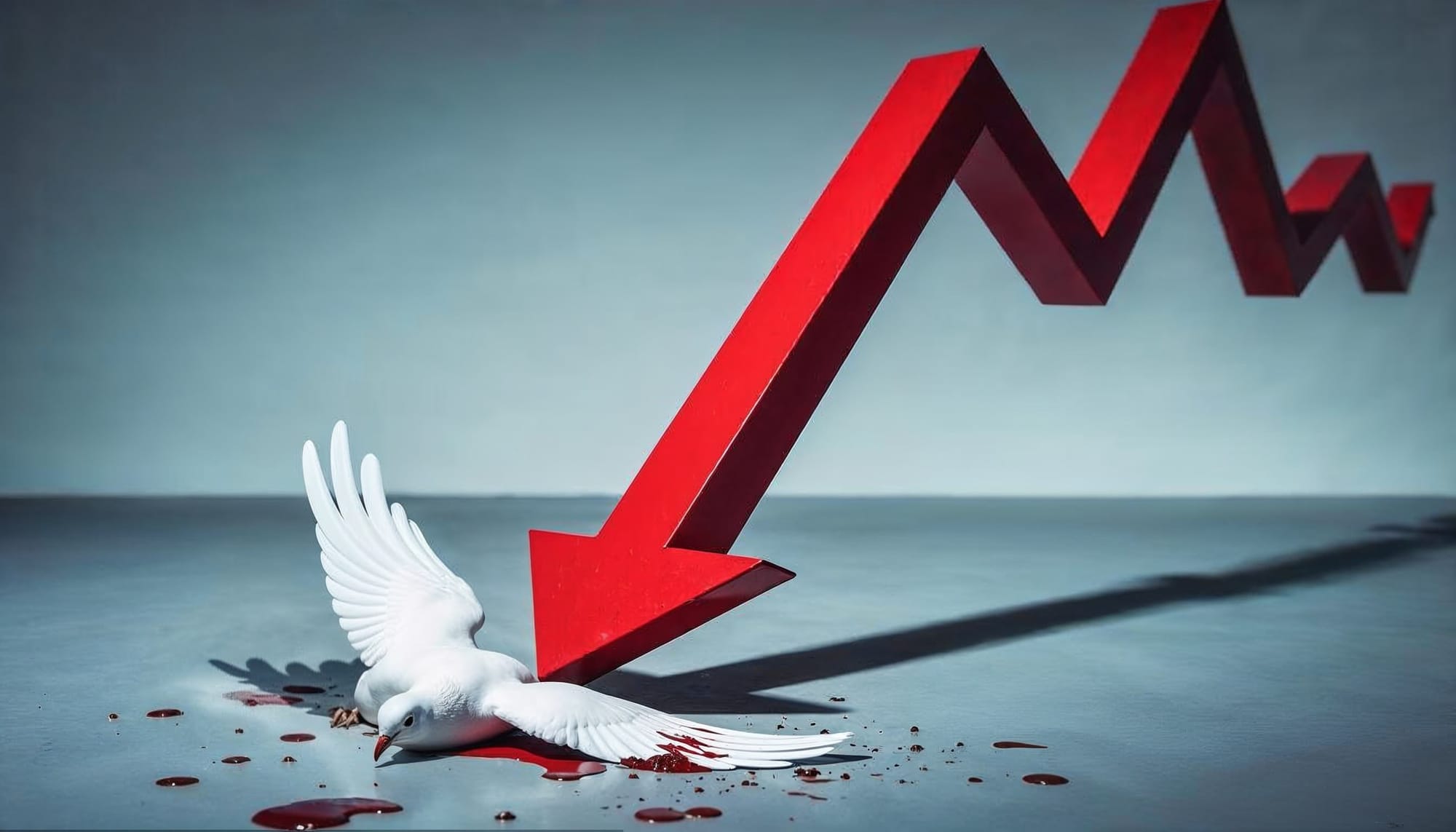Since the coup d'etat of July 26, 2023, Niger has faced several political, economic and humanitarian challenges, deeply impacting freedom of the press and the security of citizens.
On July 26, 2023, the commander of the presidential guard, Abdourahamane Tiani, orchestra a coup by taking control of the presidential palace and by placing President Mohamed Bazoum under residence. Quickly, the institutions were locked, the constitution suspended, and the borders closed. Tiani justifies its action by the inability of the previous regime to ensure the security of the country.
The coup is justified by accusations of poor governance and inability to ensure adequate security management in the face of the country's growing challenges. In the hours following the overthrow of the government, the National Council for the safeguarding of the fatherland (CNSP) is created, assuming responsibility for the Directorate of Niger. Colonel Abdourahamane Tiani, when he was taken, said : " We put an end to a regime which failed to protect his people ", thus stressing the reasons for his action, in particular the deterioration of the security situation and perceived ineffectiveness of the previous government.
This coup, the seventh since the independence of Niger in 1960, leads to major instability, both national and international. In response, the Economic Community of West African States (ECOWAS) requires severe sanctions, accentuating the country's isolation. In response, Niger joins Mali and Burkina Faso to form the Alliance of the States of the Sahel (AES), a union which redefines the geopolitical balances of the region.
A decision that cost dear
The ECOWAS sanctions Inflation explodes and the key sectors, such as agriculture and breeding, collapse.
Although these sanctions were lifted, the departure of ECOWAS from Niger with its AES allies could worsen its economic and diplomatic isolation. Already confronted with jihadist threats, the country must now manage a critical humanitarian situation where more than five million people suffer from food insecurity. At the same time, press freedom is strongly restricted. Niger falls in the world ranking of reporters without borders, and journalists self -censor under the threat of repression.
The silence of the newspapers
Since the coup, press freedom has been seriously threatened . " Press freedom in Niger is in danger because the authorities intimidate those who dare to criticize the regime ," denounces Amnesty International . Reporters Without Borders now classifies Niger in 80ᵉ world place on press freedom , illustrating a climate of censorship and fear. Journalists are under pressure, arrests and self -censor to avoid reprisals . New legislation requires prison terms for the dissemination of information deemed "disturbing", strengthening control of the regime on public opinion and the manipulation of information .
Today, the future of press freedom is uncertain, leaving citizens in ignorance of crucial issues such as national security or human rights. The coup has severely restricted press freedom, with generalized self -censorship and journalists' arrests. In parallel, the economy deteriorates, exacerbated by the sanctions of ECOWAS, particularly affecting agriculture and aging.
An economic situation in free fall
The Nigerien economy has suffered considerably since the coup. The sanctions imposed by ECOWAS have a significant impact on trade and aggravates an already present economic crisis. Forecasts indicate a sharp decrease in GDP due to commercial restrictions and a substantial increase in inflation.
"The economy is out of breath," alerts a local economist. The vital sectors, such as agriculture and farming, suffer the consequences of economic isolation. The cessation of imports leads to an outbreak of prices, exacerbating a food crisis which already affects more than 40 % of the population living below the poverty line.
Despite the lifting of the sanctions, the isolation of Niger persists with its withdrawal from ECOWAS alongside Mali and Burkina Faso. This situation is likely to worsen shortages and increase the vulnerability of populations.
Civilians are silent and NGOs do everything to be heard
At the same time, the humanitarian situation reaches a critical level. According to the United Nations, nearly five million people are in a situation of food insecurity . The combination of internal conflicts, difficult climatic conditions and political instability hinders the delivery of humanitarian aid.
NGOs, faced with restrictions and a precarious security climate, are struggling to help populations. Access to medical care becomes an inaccessible luxury for a large part of the Nigerians, accentuating the most vulnerable sufferings.
While the coup to correct the errors of the previous regime, it seems to have precipitated the country in an even more serious crisis. Once again, civilians pay the high price.




